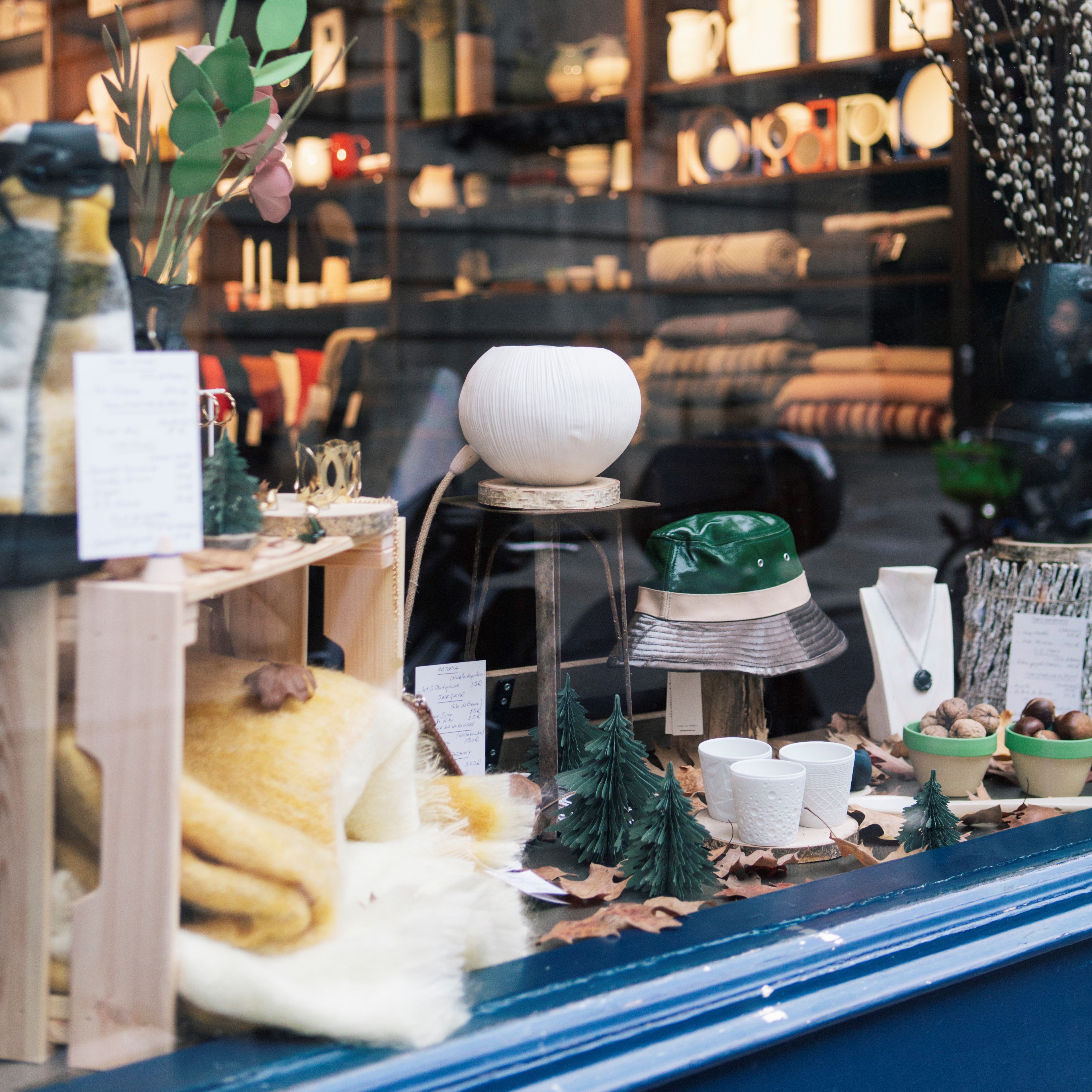
Story of made in France
lately, we have heard a lot about made in France and the advantages of choosing products made in France. Have you ever asked yourself the question “Why buy a product made in France when I can find it much cheaper from elsewhere?” or even “Why is it beneficial and why is it not a fad?”. It is to answer all these questions that we have chosen to list 3 good reasons to buy French.
Today, buying Made in France is more than a mode of consumption, it is also a civic act, a commitment to ecology, to the economy, to supporting French craftsmanship in compliance with social standards.
1 – QUALITY PRODUCTS MANUFACTURED IN RESPECT OF SOCIAL STANDARDS
COMPLIANCE WITH SOCIAL STANDARDS: By choosing products made in France, you are buying a product that meets demanding social standards, among which we can cite those below.
Indeed, France is one of the founding states of the ILO (International Labor Organization), a specialized agency of the UN created in 1919. The ILO defines four main standards to be respected in the field of work:
• Freedom of association
• The abolition of forced labor
• Non-discrimination
• The elimination of child labour.
France has also implemented since 1950, the SMIG guaranteed minimum interprofessional salary, which became SMIC (minimum interprofessional salary for growth) in 1973. In 2023, it amounts to €1,353 net per month for 35 weekly hours worked.
France has introduced paid leave for all French employees. Thus, a full-time or part-time employee is entitled to leave of 2.5 working days per month of actual work with the same employer, i.e. 30 working days (five weeks) for a full year of work.
Buying a product made in France therefore gives you transparency on how it was manufactured, unlike those manufactured in more distant countries, with more questionable working conditions regarding child labor, wages, hours, ...
A GUARANTEE OF QUALITY: Today a product made in France is synonymous with quality because each product made in France must meet strict quality standards. AFNOR, NF standards, … a veritable forest of acronyms subject to jokes as France is so creative in this area, but which are all demanding criteria to which a product made in France will be subject. There are also ISO standards. These standards are set by the ISO (International Organization for Standardization, called in French l'Organisation Internationale de Normalization). Thus, the ISO 9001 certification (more than a million companies and more than 170 countries have it) defines the criteria applicable to a quality management system.
The client then benefits from better guarantees of quality and safety. These criteria can also indicate the extent to which a product can be used in combination with other products, systems and other components.
So if investing in a quality product can certainly have a higher cost initially, it turns out to be more profitable in the long term compared to the purchase of several lower quality products that will have to be replaced frequently.
2 – SUPPORT AND PROTECTION OF OUR JOBS AND OUR KNOW-HOW
SUPPORT FOR EMPLOYMENT Today, French craftsmanship is an essential link in economic development. Mainly made up of small businesses, the craft industry is nonetheless an economic giant with more than 1 million businesses (i.e. 30% of French businesses), its 3 million workers (including 200,000 apprentices) and its turnover business of nearly 300 billion euros!
It is in the regions (before merger) Alsace, Auvergne, Brittany, Centre, Corsica, Languedoc-Roussillon, Limousin, Lorraine, Poitou-Charentes, Midi-Pyrénées that the number of workers in the craft industry is the highest (14 % and more). All the same, it appears that craft businesses are present in a relatively homogeneous way throughout the territory; as such, the collections of FRENCH HISTORY allow you to make a real tour of France! These enterprises are an essential element in the economic development of the rural territory. Ditto in the overseas territories, craftsmanship is essential to local economic activity. There are nearly 34,000 companies, which train around 5,000 apprentices each year, thus contributing to the development of production and, in fact, to economic development.
Buying products made in France, you are helping to maintain employment, you are promoting manual labor, you are helping to preserve France's industrial heritage and you are supporting the country's economy.
PROTECTION OF KNOW-HOW: You are aware that several craft trades have disappeared over the past 30 years. The footwear branch as a whole in 2013 consisted of 88 companies employing around 5,500 people, compared to 437 companies and 62,300 employees recorded in 1980. French watchmaking, which could still claim to rival in the early 1970s with that of al Switzerland, today no longer bears the comparison. In 2013, it was reduced to 80 manufacturers mainly based in the French Jura, employing 3,000 people and working mainly as subcontractors for Swiss manufacturers, which is a significant drop from the 185 manufacturers and 7,200 employees in this sector in 1995. And we could multiply the examples, … This loss of know-how is due initially to the appearance of new technologies and to delocalization. In France, our regions have talent and each has its own specialty and unique know-how. For example, we have the city of Grasse on the French Riviera, renowned for its perfume industry, where La Promenade and its scented candles are based; Limoges in the south-west for its porcelain where our candle holders come from or crystal in the Grand-Est where the Montbronn crystal factory is based.
On the other hand, the manual training courses are in far too many cases "sidden roads" rather than real choices. Many craftsmen, thus weakened and now of retirement age, are unable to pass on their know-how to the younger generations. Your purchases can allow these craftsmen to live better, have faith in the future and allow them to perpetuate an activity and preserve their know-how. There are also French Living Heritage Companies, numbering around 1,500. This label, a guarantee of quality, means that it is recognized for its rare and non-relocatable know-how and that it is committed to passing it on. We work with a number of them: Manufacture de Digoin, Jars Céramistes, La Rochère and the André VERDIER cutlery.
3 – A CONTROLLED ENVIRONMENTAL IMPACT TO PRESERVE OUR PLANET
THE CONCEPT OF LOCAL: The notion of locality emphasizes the fact of knowing the exact origin of the product. At HISTOIRES FRANCAISES we only select products made in France; not only thought out, designed or designed but entirely manufactured on national territory.
Buying products made in France means reducing the carbon footprint by reducing the number of kilometers traveled by the product from its place of manufacture to its recipient. Turning to products made in France means choosing to promote a local company.
REDUCE THE CARBON FOOTPRINT. As a reminder, greenhouse gases are one of the main causes of our global warming. The massive release by human activities of greenhouse gases - it is mainly carbon dioxide, methane and nitrous oxide that pose a problem - accentuates this warming: +1.1 to +6.4°C d end of the century according to the latest IPCC report. Buying products made in France means limiting the environmental impact since:
- The product is manufactured in a country with low greenhouse gas emissions. The French have a much lower carbon footprint than another country where energy comes mainly from gas or coal plants with a higher environmental impact. For example in 2019, with 299 million tonnes of CO2 released into the atmosphere that year, France represents only 0.9% of all emissions on the planet. Unsurprisingly, China is at the top of the ranking. Based largely on coal, the most polluting energy, its economic growth has caused its greenhouse gas emissions to explode. With 9825 million tonnes of CO2 emitted in 2019, this pollution is responsible for approximately 29% of CO2 emissions into the atmosphere. It is by far the first in this sad competition, ahead of the United States and India.
- The transport of the product will be limited and will only be carried out by train or car, a means of transport that is much less polluting than transport by plane. Indeed, the plane is by far the most polluting means of transport. To illustrate this, a single trip from Beijing to Paris by plane represents 3.15 tonnes of CO2! So a shorter trip with less polluting means of transport will reduce greenhouse emissions, a significant eco-responsible gesture.
Now it's up to you to decide, it's up to you! Good discovery of our collections!











